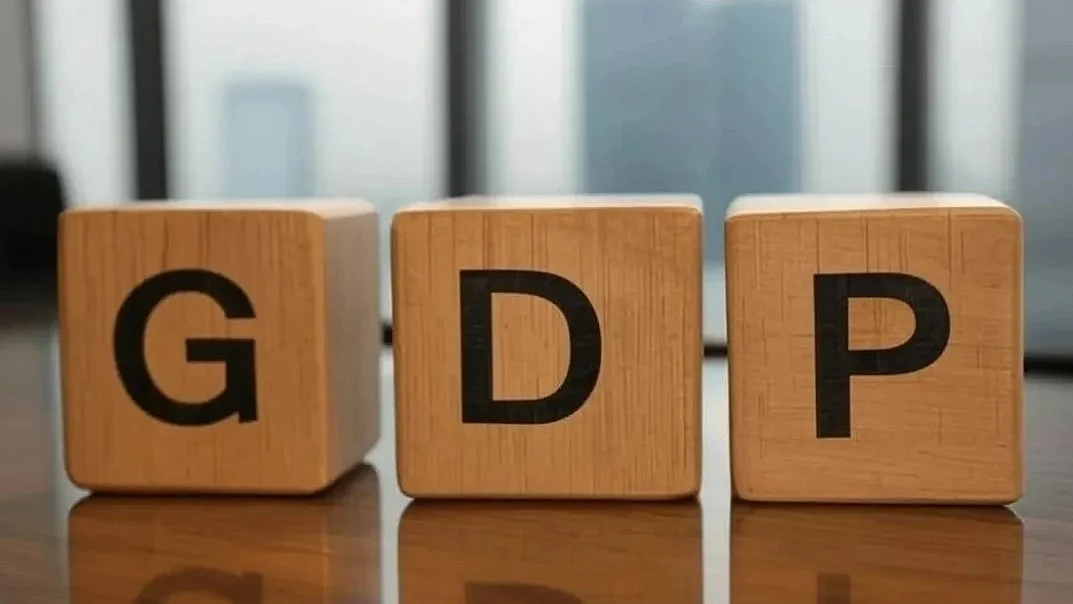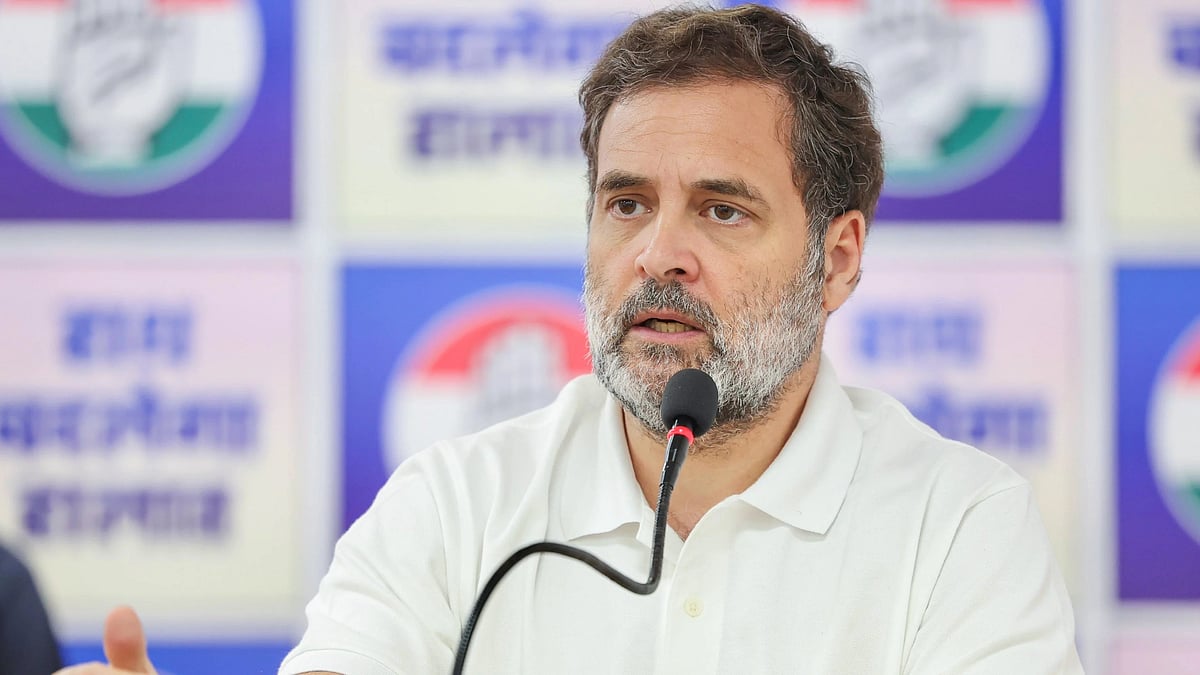The pandemic and lockdown have deeply hurt the economy. This year the world’s economy will shrink by 3 percent, something that we have not witnessed in our lifetimes. India too may shrink as much if not more, since our lockdown has been more stringent than other nations. During April more than 120 million people lost jobs, and some of them permanently. More than ten million urban workers and their families reverse migrated to their villages or home towns, partly because they had lost their livelihoods. These workers will return to cities and factories after the re-opening of the economy, but also when there is an assurance of jobs. Else the rural areas are a better bet during the recession. There has been a bumper rabi crop (spring harvest). The procurement of wheat in Punjab, Haryana and U.P. has been very successful, meaning farmers have received the minimum support price. Even Madhya Pradesh procurement is at record levels. Besides this income, the PM-KISAN scheme launched last year has been putting some money in farm households. Additionally, the small payment to rural women has helped, and so has the PDS foodgrain allocation through the ration shops, again benefiting the rural areas. Finally, there is the rural employment guarantee scheme (MNREGS) whose allocation has gone up to 1 lakh crore rupees, and which will certainly act as an additional income buffer for many families in rural areas.
By comparison the urban poor have been left in a bad shape. Retail shops, malls, cinemas, restaurants in cities are still mostly closed, and even after re-opening may not see substantial footfalls. Real estate and housing construction in urban areas have been very badly hit. Other services like courier delivery, hair saloons too have been affected. Revival of the urban economy as well as much of the industrial and services sector will need a big fiscal stimulus, to make up for the fall in aggregate demand. For instance, for the MSME’s alone the government and PSU’s owe 5 lakh crore as pending payments.
The package announced so far has been mostly in the form of liquidity, credit and loan support to small and large businesses. But if no demand is forthcoming, merely the promise of more loans, even with a moratorium on interest payment, will not find enough takers. Furthermore, the bankers themselves may be reluctant to pass on these loans, due to concerns of their own rising bad loan ratios (i.e. NPAs). So, we do need a bigger stimulus which provides direct support to the pockets of the small business owner and the urban poor.
Here we run into a difficulty. The government’s finances are very tight. The economic slowdown, which predates the pandemic was causing tax revenues to fall. The fiscal deficit was widening. The reduction in corporate income tax rate from 30 to 25 might have contributed to revenue shortfall too, although it is a desirable longer-term reform. Private sector investment and profitability is lack lustre hurting tax revenues. Hence no wonder, during 2019-20 the fiscal deficit in rupee terms went up by 45 percent. The Centre’s fiscal situation has been aggravated by having to pass on a higher share of gross revenues thanks to the Finance Commission formula, and the need to compensate all States for their shortfall in GST revenues. Despite all this the Centre can go all out to just “print money” since this is an unprecedented year. But this runs the risk of a sovereign rating downgrade, which will hurt everyone.
Against this backdrop it may be worthwhile to examine the following four suggestions to raise fiscal resources and help pump up aggregate demand. The first one, as suggested by former Finance Commission Chairman Vijay Kelkar, is to borrow against shares. The Centre owns shares in public sector companies, listed on the stock exchange, whose current value is in excess of 11 lakh crores. These shares can be pledged with the Reserve Bank of India, and a loan can be taken, say for 5 lakh crores. This should be structured as a repo loan, i.e. the money is returned after five years, and the shares are returned to the owner. Of course, in the interim some shares can be sold off too, to reduce the loan burden and take advantage of stock market buoyancy. Such a financing scheme will not be seen as a distress sale of PSU stock.
A second suggestion is to instantly give all the income tax refunds, not as cash, but as refund certificates. These certificates can then be used by taxpayers to pay all dues to the government, including advance taxes which are due this month. The refund certificates can also be used to give GST refunds, which too can be used to meet GST obligations.
A third suggestion is to introduce city-wise vouchers, which can be used to buy goods and services from neighbourhood stores, shops and outlets. These vouchers can then be used to pay city dues, municipal taxes and even State government dues. This completes a cash-less loop. These consumption vouchers can be given against ration cards, or Aadhaar cards and are to be kept in restricted circulation within city limits.
A fourth suggestion is to start an urban employment guarantee scheme for the next six to nine months. It is meant mainly for the informal sector and contract employees who work in retail, construction, security agencies, courier services etc. The list of eligible workers can be taken from the principal employer, and the wage payment will serve as a subsidy for the employer too. This will directly increase the purchasing power of the worker, and acts as a demand stimulus. The payment can be in kind, by using foodgrain from the already overflowing granaries of the Central government.
These are just four ideas among many that need to be examined. Unconventional times call for unconventional solutions and experiments. Of course, the problem of acute fiscal stress cannot be wished away or hidden under some kind of cosmetic accounting. Even then there are ways of bypassing cash shortages, or placing less stress on borrowing by using the innovative suggestions that have been made.
The writer is an economist and Senior Fellow, Takshashila Institution. Syndicate: The Billion Press









